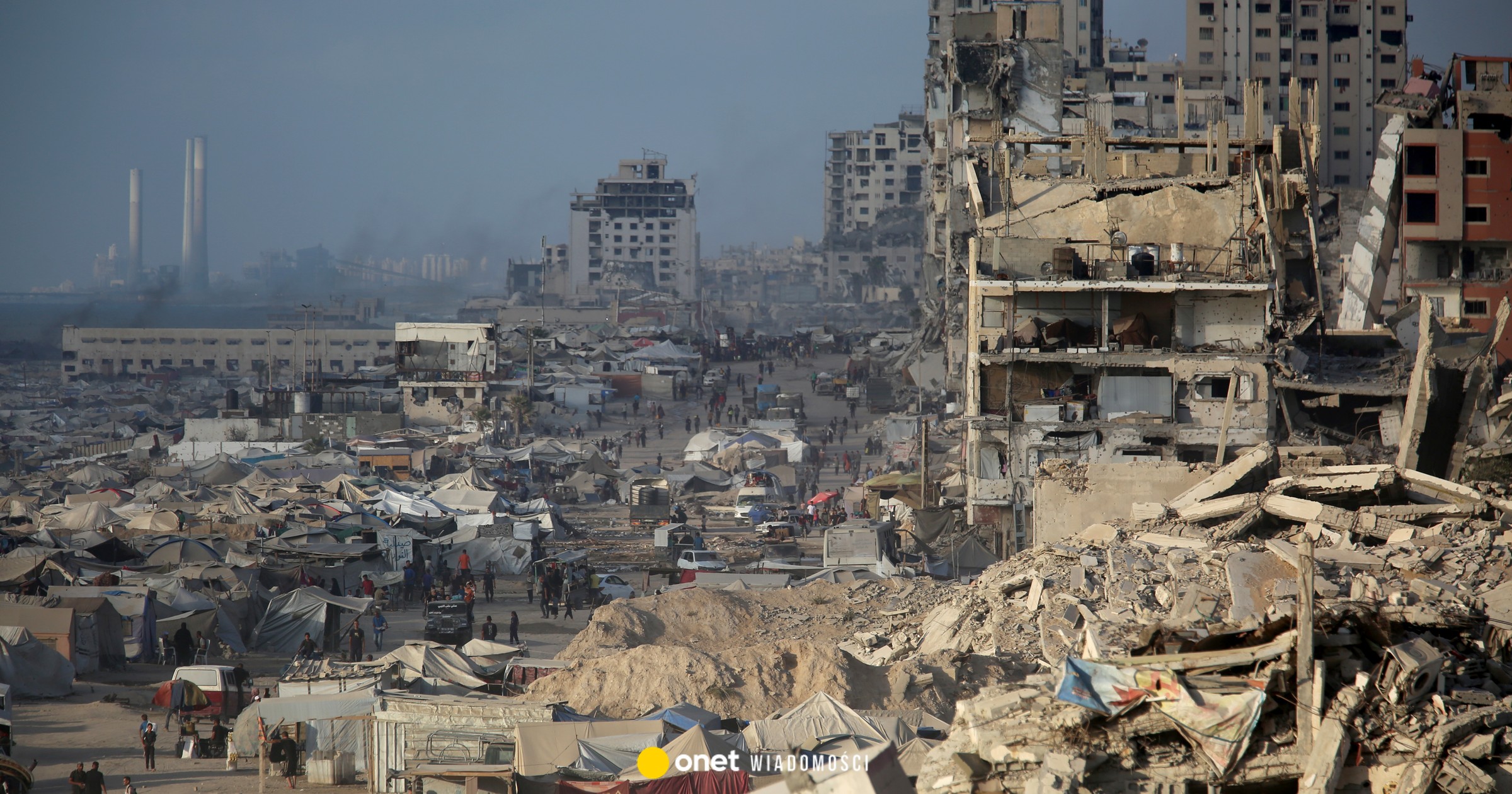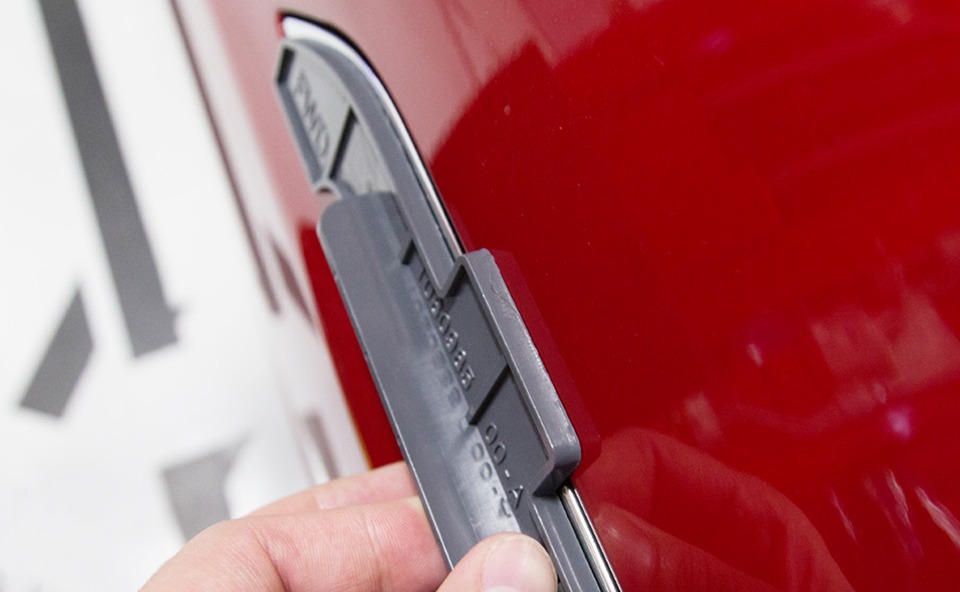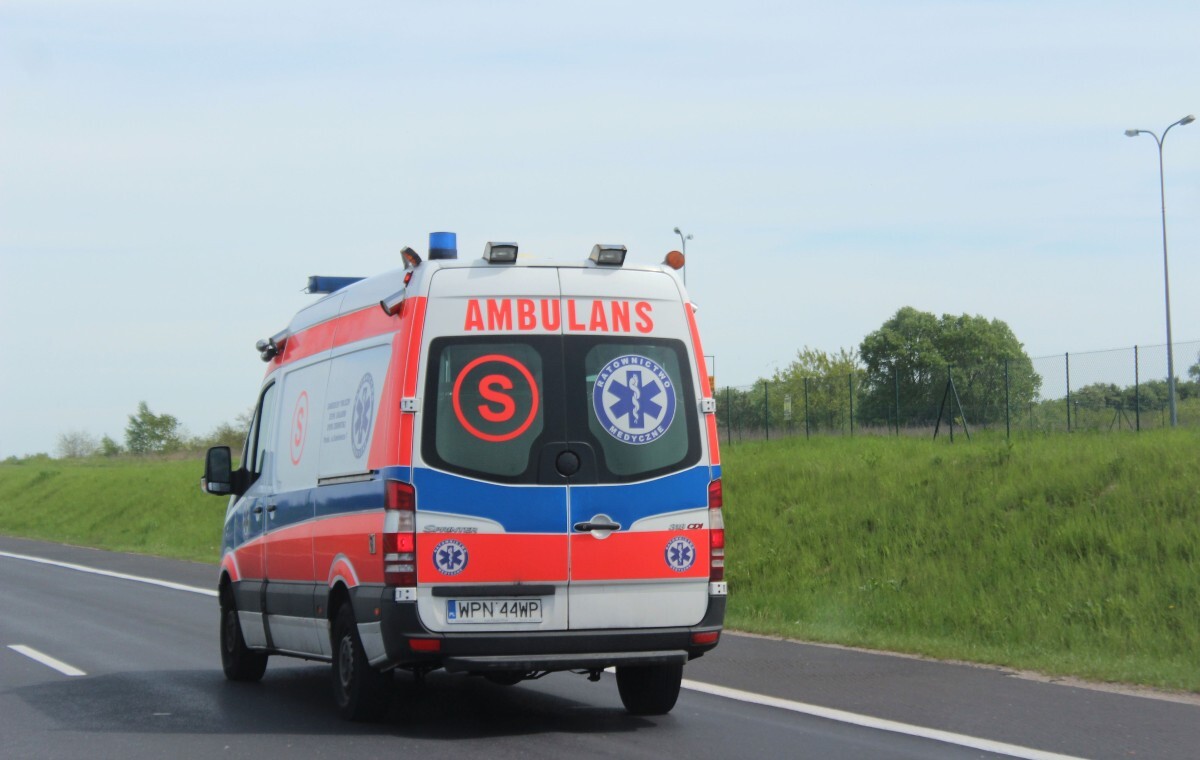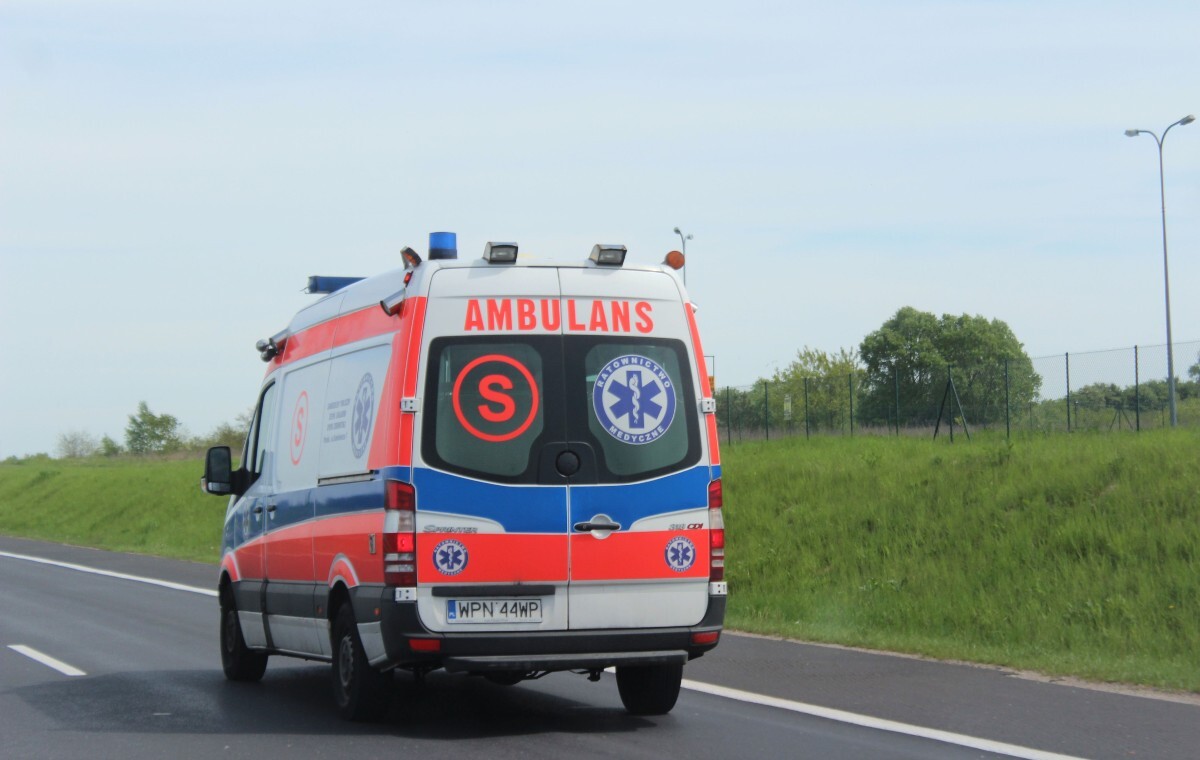
The increasing threat of extended blackout in Europe forces many Poles to think about financial safety in crisis situations. Although the script of full power failure in Poland remains unlikely, its consequences could be dramatic. Lack of power means immediate immobilisation of ATMs, payment terminals and banking systemswhich can completely block the anticipation of buying basic products. Experts shall clearly indicate: cash is simply a key endurance resource.
Why is cash essential erstwhile electricity is out?
In the case of blackout, all electronic infrastructure fails — from fiscal cash registers, through payment terminals to bank transaction systems. Without access to physical cash, consumers may be completely incapable to buy food, medicines or fuel. Even if the shops decide to proceed selling, they will only accept without operating devices cash payment.
Cash in this situation serves as not only a means of payment, but besides independence tools — allows you to act erstwhile another measures fail.
How much cash is worth getting ready?
Security experts urge the collection of cash corresponding to minimum weekly expenditure of the full household. The estimated amounts depend on the number of householders:
- Single person:PLN 500-1000
- Family 2+1 or 2+2:1500–2500 zł
- Larger households:3000 PLN or more
These amounts should be adequate for the acquisition of basic food products, hygiene products, medicines, water and fuel. However, it is worth considering that crisis situations may happen sharp price increases, especially for primary products.
What denominations do you store money in?
One of the most common mistakes is the collection of large denominations. meantime during blackout shops may not be able to spend the rest. It is so essential that:
- Banknotes with face value of 10, 20 and 50 PLN were dominant,
- Avoid holding only 100 and 200 PLN banknotes,
- Collect a tiny amount of coins (e.g. 2 PLN, 5 PLN).
This structure of denominations increases the chances that transactions will be possible even under provisional conditions, without having to spend a large amount of change.
Where do you store your cash safely?
Cash retention requires a balance between safety and availability. Experts suggest:
- Home safe with fire and burglary protection,
- Hidden, hard-to-access drawer or compartment,
- Specialist boxes mounted in furniture or walls.
Definitely avoid classic hiding places, like a mattress, a jar in the kitchen or underwear in a drawer — these are the first places to search burglars. It is crucial that cash is easy available to the household in case of urgent evacuation or purchase.
What too cash? Essential on Blackout
Although cash is the foundation of financial security, it is not adequate to full safe the blackout. The prepared citizen should besides have:
- Drinking water (minimum 3 litres per individual per day),
- Long word food products (conservatives, biscuits, rice, pasta),
- Flashlights, batteries, candles and matches,
- Powerbanks and solar chargers,
- Battery or dynamo radio, to receive information,
- First aid kit and basic medicines,
- Paper papers and contacts.
Only comprehensive preparation ensures comparative safety and independency in the event of a longer deficiency of access to infrastructure.
Blackout is not fiction – prepare in advance
European energy systems are becoming increasingly overloaded and the increasing hazard of cyber attacks, utmost weather phenomena and infrastructure failures makes blackout no longer just the subject of sensational books. Cash becomes a safety and endurance currency in specified a scenario.
Instead of counting on a fast return to normality, it is worth preparing basic resources now. Even if there is never a full-scale blackout, accumulated cash and supplies can be useful in another crisis situations, specified as failure of banking systems or natural disasters.
Getting ready is not panic — it is simply a reasonable responsibility.
More here:
ATMs don't work, stores refuse to pay. How much cash will save you during the blackout?


















